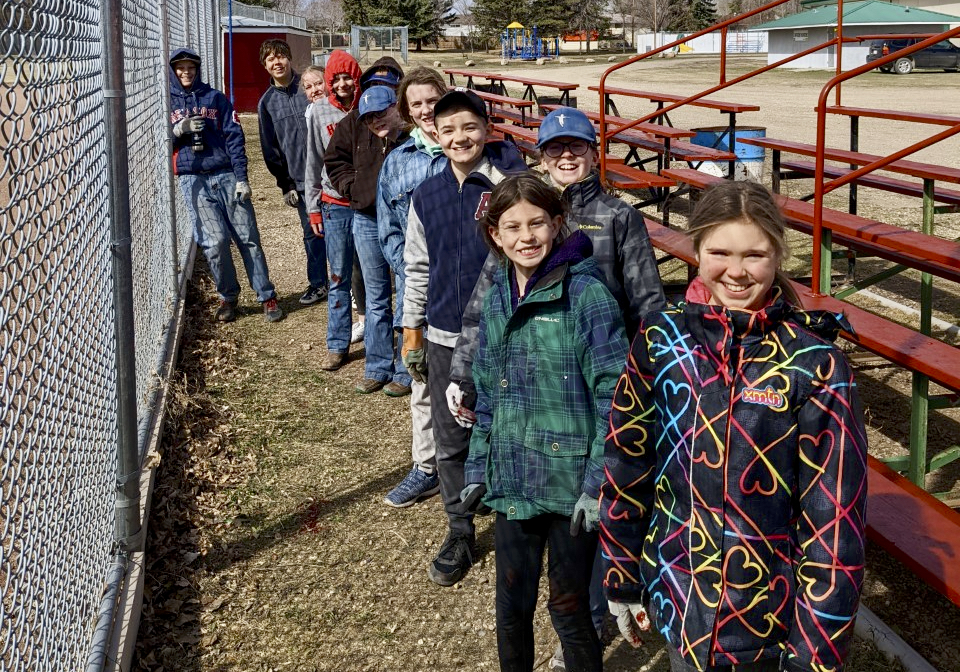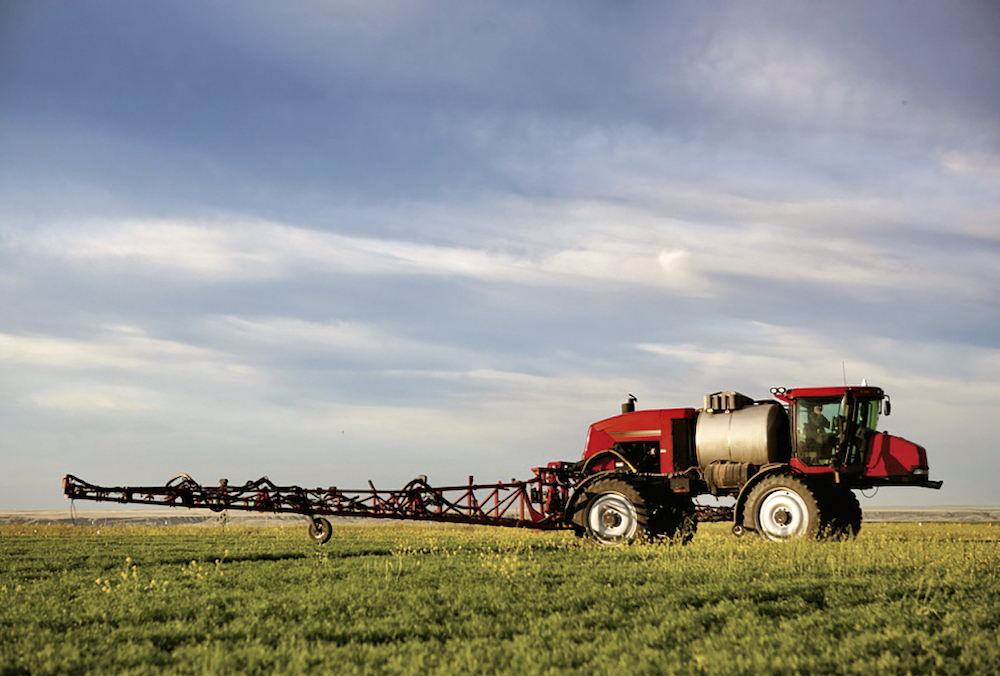U-pick operations across the country have seen a surge in business this year as people look for family-friendly, safe outings during the pandemic.
But the season was not without its challenges.
“The business has been busy,” said Leona Staples, who owns and operates The Jungle Farm near Red Deer with husband Blaine.
Busy is good, but these days it means you have to be on top of a lot of things to ensure COVID-19 protocols are being adhered to.
“We had to do some pretty major revamps on our farm to get set up,” said Staples.
Read Also

Farming Smarter receives financial boost from Alberta government for potato research
Farming Smarter near Lethbridge got a boost to its research equipment, thanks to the Alberta government’s increase in funding for research associations.
The couple talked to their health inspector, paid close attention to Alberta Health Services guidelines, and considered every aspect of their business, which includes greenhouses, bedding plants, U-pick veggies and berries, and a vegetable subscription box.
It starts with better traffic flows — having people enter the farm from one direction and leave from another — and the system worked so well, the Staples plan to keep it permanently.
“It has allowed us to really talk to people as they’re coming in,” said Staples.
The greeter reminds families they must stay two metres from other cohorts and only pick in every second row. And people are asked to curb their urge to eat fresh berries or produce while picking because it’s a risk to bring hands close to mouths. Hand sanitizer is available at various spots on the farm’s 160 acres and visitors must throw out their own garbage, including gloves and masks if used.
Rules need to be clear and having someone go over them and telling people their agreement is a requirement for entering the farm is key, said Staples.
“We’re greeting and talking to everyone as they’re coming through,” she said. “It’s really in a structured format with a sign of everything they’re agreeing to as they come in.”
At the barn store, a Plexiglas shield provides protection for staff (who also wear masks). The hope was that people would go to the store at the end of their visit; move through it in a properly distanced flow; and then take their purchases to their vehicle and leave.
But even though picnic tables and playground equipment have been removed, people just want to hang around.
“What hasn’t worked is that people finish and they should be moving on, but they tend to go back out onto the farm,” said Staples. “That’s a different mindset than before. People want to spend time here. It’s hard for us because we have encouraged people to come and enjoy the farm, and this year, we’re not encouraging that.”

The rush started in spring.
“Everyone wanted to get flowers in their yard because they anticipated being at home and growing a garden,” she said.
The same was true for vegetable transplants, with tomatoes being a particularly popular item. And even though Staples upped production of those, she had to do without herself.
“Typically, we plant 100 to 200 tomato plants out into our garden,” she said. “I didn’t have one tomato plant to plant out. The demand for that type of thing was incredible.”
That continued when the U-pick opened.
“Unfortunately, the volume of strawberries we have has not met the demands of the people. So we haven’t been able to necessarily satisfy everybody who comes to the farm to pick. We’ve run out of strawberries every day we opened.”
The Staples employ 25 people on their operation, including six seasonal foreign workers. They were only able to get five this year and they arrived six weeks later than usual (and then had to isolate for an additional two weeks before starting work).
“The weeds that were bad were worse. Everything got worse,” she said. “Trying to keep ahead of picking strawberries and cucumbers and weeding has been a bit of a challenge. We’re fortunate, because we did get most of our guys in.”
The Jungle Farm sold twice the number of weekly vegetable subscription boxes this year, with many opting for a U-pick version (which allow them to pick extra veggies for no additional cost).
“There’s been such an interest of people connecting with their food and I think they’re at home cooking,” she said. “They realize what fresh tastes like. They can make a commitment to be here for 14 weeks.”
Getting things set up to follow protocols and adjusting to a season full of new challenges has been stressful.
“But it’s been very good,” said Staples. “People just know that they have to be patient and they’ve been good at it.”
















